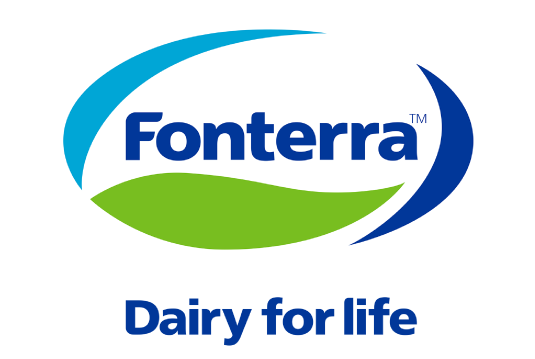Doing our bit for climate change
Fonterra makes up around 20% of all New Zealand’s gross emissions, which is why Carolyn Mortland, Director of Sustainability, says the Co-op must reduce its emissions. But there’s a significant challenge ahead of us.
Fonterra makes up around 20% of all New Zealand’s gross emissions, which is why Carolyn Mortland, Director of Sustainability, says the Co-op must reduce its emissions. But there’s a significant challenge ahead of us.
While I’ve never been one to complain about warmer temperatures in winter, there’s little doubt that the effects of climate change are upon us.
There’s an unseasonable lack of snow on the mountains and Europe is experiencing heat waves of around 45 degrees.
These changes in our environment are concerning for everyone, but especially so for our farmers who rely on the land for their livelihoods.
As a Co-operative, we’re deeply invested in New Zealand’s success and take a long-term view. We’re a business built from farms passed down from one generation to the next, and that means ensuring the land and natural bounty of our country are preserved for generations to come.
We know that New Zealand must contribute to the global effort to tackle climate change.
That’s why Fonterra is backing the proposed Zero Carbon Bill. We support the establishment of the Commission, and the development of a national adaptation plan. We also support the split gas approach recognising the differences between short-lived and longer-lived gases.
We support the 2030 methane target and would like the 2050 target to be provisionally set at up to 24 per cent net reduction from 2017. Both targets are very ambitious, and will be a challenge to achieve on current technology and available mitigation methods.
When making our submission to Parliament’s Environment Select Committee who are considering the Zero Carbon Bill, we asked them to consider three things:
- The first is that reviews of the methane targets should be based on scientific AND economic analysis. In addition to considering if something is scientifically possible, we must also consider if it is economically viable.
- Second, there must be a significant increase in research and development investment by both the government and industry if we are to create the solutions required to meet these targets.
- Thirdly, political consensus is vital. Farmers adapting their businesses and making investments need certainty that the targets are not going to suddenly and radically change. Consensus across the political spectrum will provide some certainty about the path ahead.
New Zealand isn’t alone in addressing climate change.
Every country faces challenges – whether it’s through reducing reliance on fossil fuels or shifting to carbon-neutral industries.
New Zealand’s challenge is to find a way to manage the natural emissions from our animals. That’s because nearly half of New Zealand’s greenhouse gas emissions come from agriculture – the highest in the OECD. Agriculture makes up around 30% of Ireland’s emissions, and around 15% in Australia.[1]
Fonterra makes up 20% of all emissions in New Zealand so we have a big part to play in being part of the solution.
The methane targets will be challenging for our farmers, and our focus is on helping our 10,000 farming families through this change.
Our farmers are clever, adaptable and resourceful people. They’ve already stepped up to the plate in recent years making significant investments on farm, whether that’s through fencing and planting waterways or reporting their nitrogen.
We know we must do more. Just being more efficient isn’t enough – we must reduce our absolute emissions.
We’ve committed to doing our bit. Now the mahi begins.

